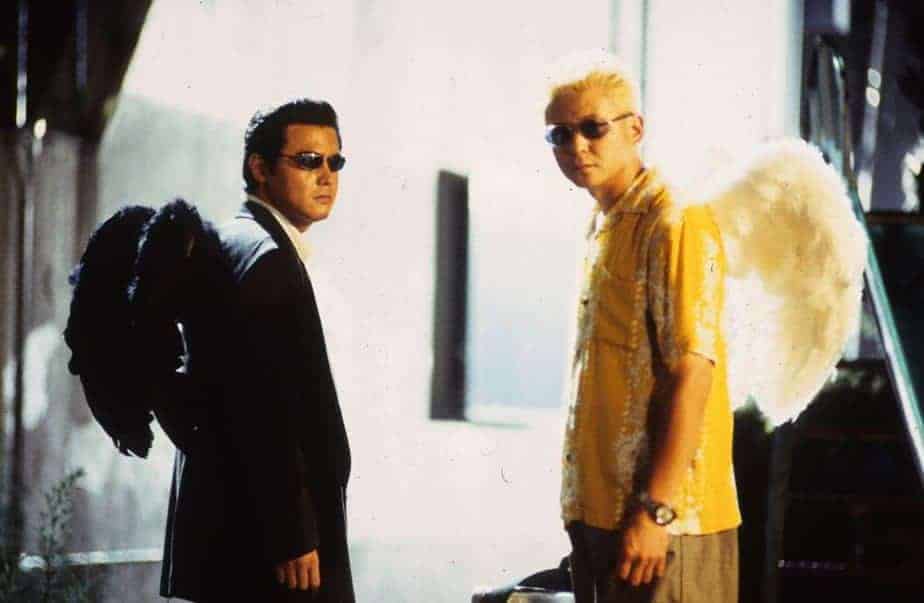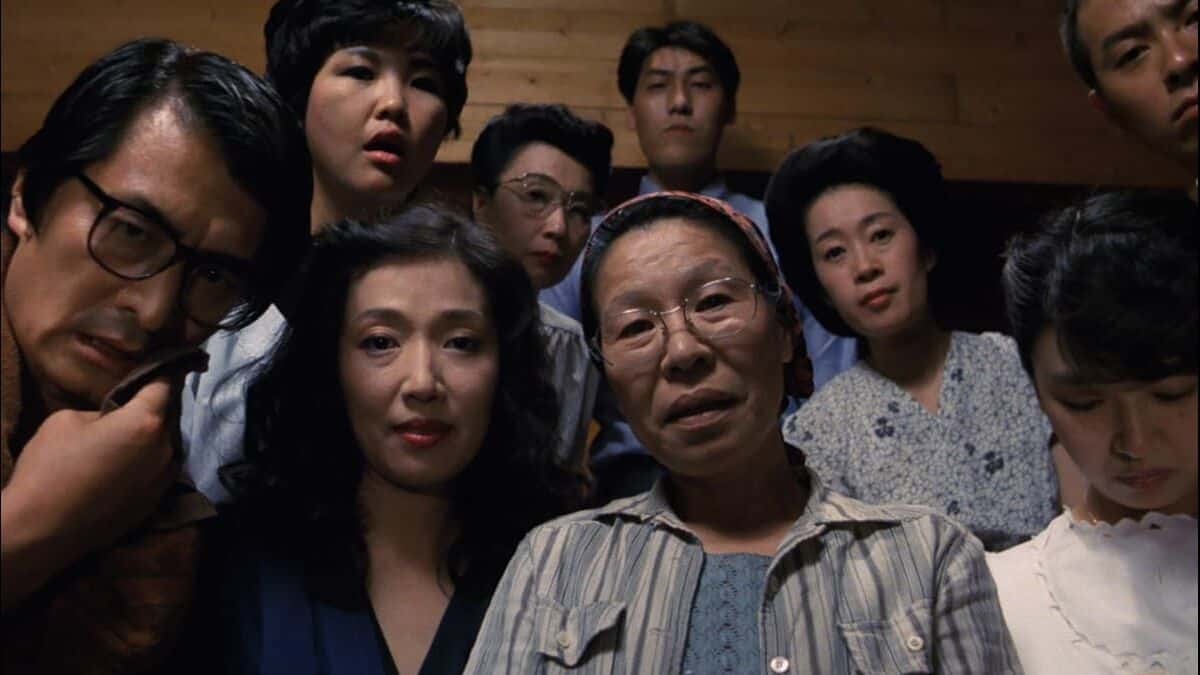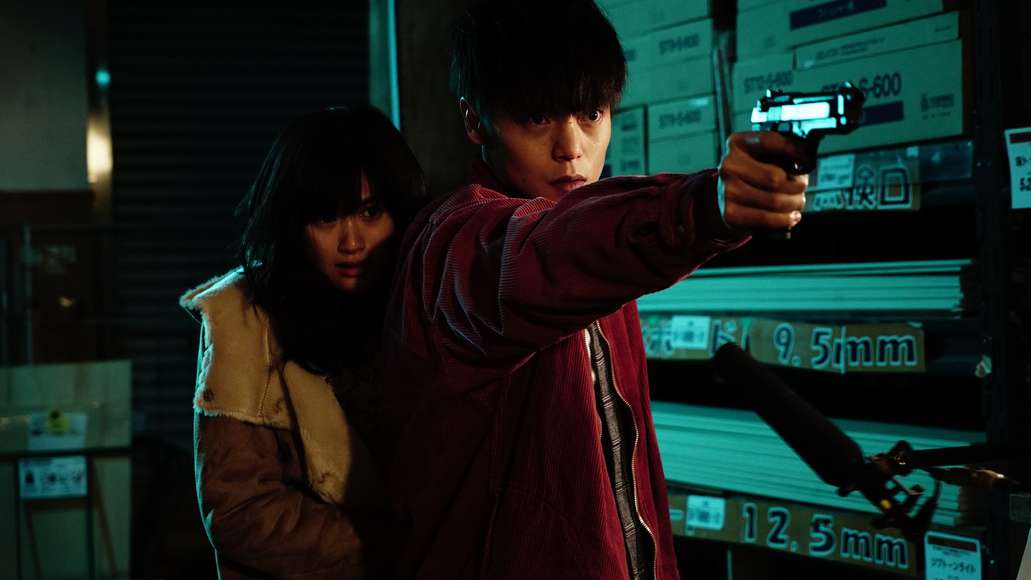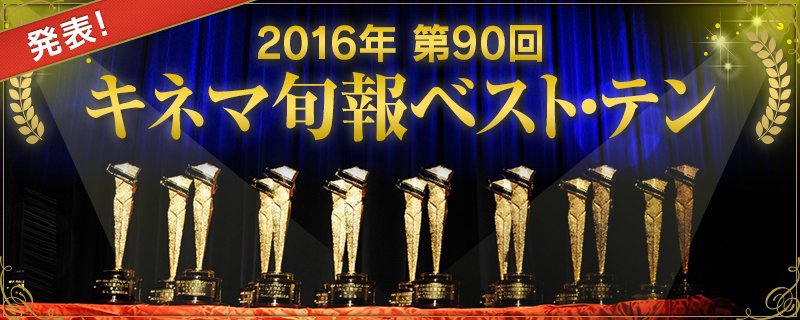At one point in “Dead Or Alive 2: Birds,” two childhood friends who have reunited after decades of separation put on a wacky school play for a classroom of young students. They do silly voices and dance around in animal costumes. The children laugh, even as the performers make obscene gestures and simulate sex acts. The inappropriateness of it all doesn't seem to bother anyone–they're all having too much fun. As this is happening, a Yakuza-Triad gang war is breaking out in the city. Gangsters shoot and slash and brutalize one another. Killers defile their dead victims and bleeding men cry out for mercy.
This montage, like so much of “Birds,” is an encapsulation of Takashi Miike's many modes. It runs the gamut from wacky and tender to perverse and vicious, and this melding of styles makes it maybe the best entry point into an infamously scattershot filmography.
Of course, Miike has never been interested in tonal consistency. When “Birds” was released in 2000, he was in the middle of the creative streak that would come to define him. Films like “Audition” and “Ichi The Killer” and “Visitor Q” solidified his status as a director obsessed with wild mood shifts and defying convention. Smack dab in the middle of this streak was the “Dead Or Alive” trilogy, which found him really letting loose and throwing everything he had at the wall.
Ostensibly gangster films, all three center around the winning dynamic between actors Show Aikawa and Riki Takeuchi. The now-legendary stars played different characters in each entry, and the series is connected only loosely by themes of fate and violence as a form of dangerous, magnetic attraction between the leads. There's also a hefty serving of absurdity. The first film, for example, tells the story of a cop and a gangster who find themselves on a collision course as their lives both fall apart. Then, in the last five minutes, they shoot energy balls at each other and blow up Japan.
“Birds” is not directly related to that story, but there's a God's-eye shot in the first minute of a massive, bright comet approaching Earth. The movie seems to be signaling that it'll waste no time getting into the craziness of its predecessor's finale. Then, Miike plays an interesting trick and delivers one of his most sober, thoughtful statements. The story follows the aforementioned childhood friends (Aikawa and Takeuchi), who drifted apart after leaving their orphanage. When they reunite, they discover they've both become hitmen looking to fulfill a greater purpose. Together, they decide to go against fate and become forces for good, even if the world has different plans.
It's been said that “Birds” feels like Miike's take on Takeshi Kitano, and it's easy to see why when gangsters frolic and play and return to childhood innocence in the countryside. But this is far more than a director riffing on a similarly-named contemporary. Instead, he combines gentle human drama with his special brand of extreme imagery to create a startling new-millennium masterpiece. His usual penchant for garish CGI and immature sight gags is as strong as ever, but he's rarely been as deliberate and sensitive in his approach. Rather than opting for shock value, “Birds” uses all of its craziness to augment a simple story about rediscovering your true self and reckoning with a lifetime of aimlessness. As the protagonists fight desperately to reclaim their humanity, the same blinding comet from the first scene looms large overhead. Is it an omen of healing change, or does its presence tell us that it's too late to reverse the sins of the past? The ending text card asks “Where are you going?,” and the answer feels elusive. Y2K rarely felt so profound.















